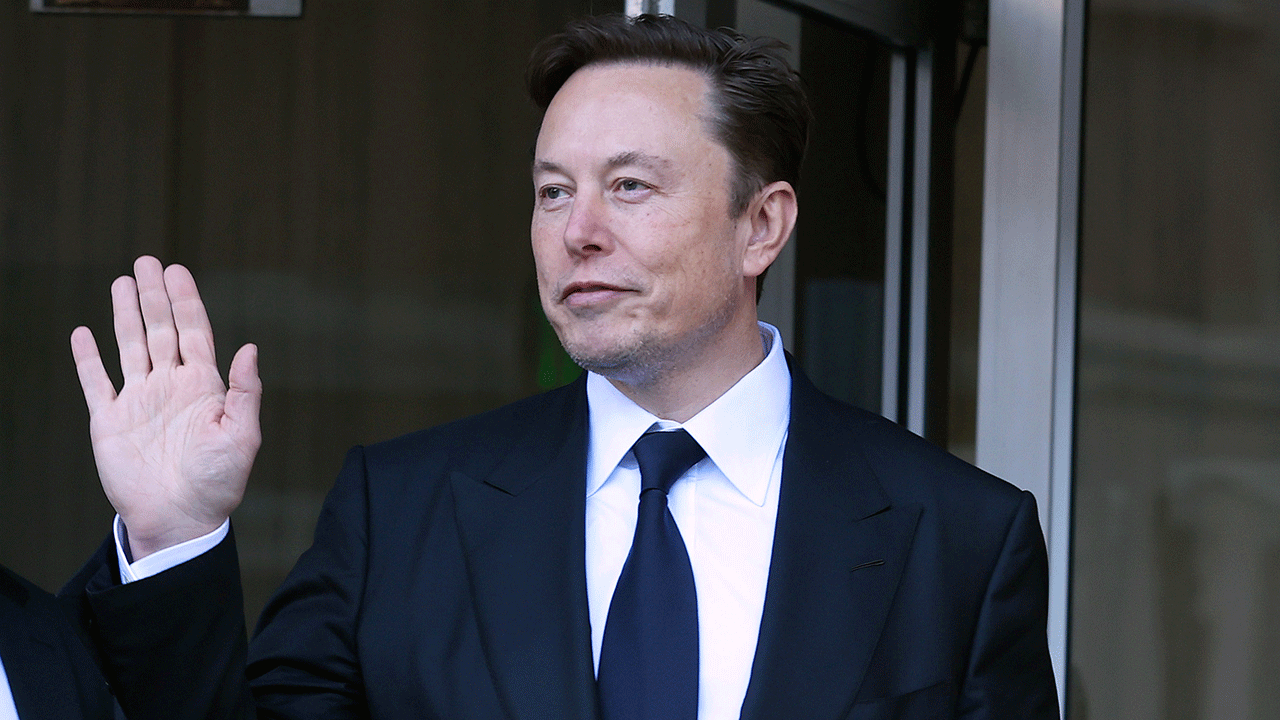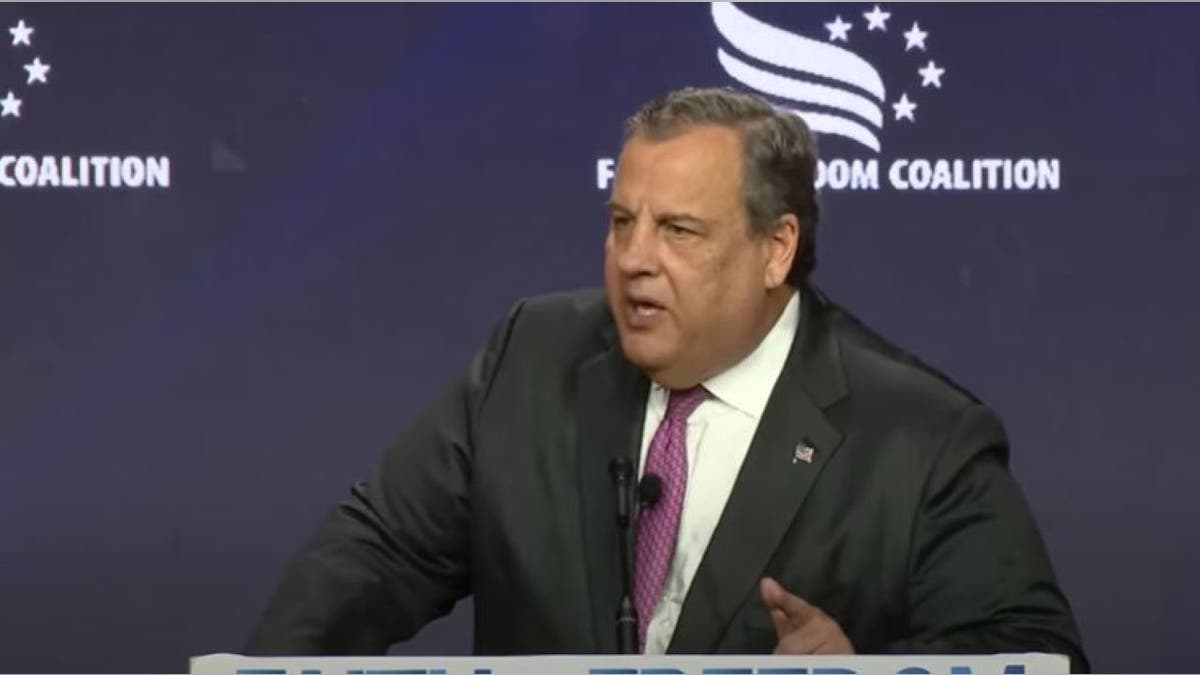Artificial intelligence (AI) is rapidly transforming industries, boosting productivity and enhancing public safety. From healthcare to transportation, businesses are integrating AI capabilities into their daily operations. However, this rapid adoption raises concerns about potential risks and the need for effective regulation.
A recent survey by Deloitte highlights the uncertainty surrounding AI governance. Business leaders worldwide ranked regulatory compliance as the top barrier to AI deployment, even more so than the technical challenges of implementation. This concern underscores the need for clear guidelines to ensure responsible AI development and use.
Jen Easterly, Director of the U.S. Cybersecurity and Infrastructure Security Agency (CISA), acknowledges the transformative power of AI while emphasizing the importance of government oversight. She stresses the need for safeguards to ensure these technologies prioritize security and protect the American public. While private companies drive AI innovation, Easterly believes government intervention is crucial to establish a secure framework for these powerful tools.

While Congress deliberates on comprehensive AI regulations, several states have taken the lead. Tennessee's ELVIS Act, for example, recognizes vocal likeness as a property right, protecting musicians from unauthorized AI replication of their voices. Similar legislation has been passed in Illinois and California, demonstrating a growing awareness of the need to safeguard intellectual property in the age of AI.
The potential misuse of AI is a significant concern. Country artist Lainey Wilson testified before Congress about the unauthorized use of her image and likeness through AI for product endorsements. This incident highlights the potential for AI to be exploited for deceptive marketing practices, reinforcing the need for robust consumer protection measures.
The Federal Trade Commission (FTC) has responded to these concerns by launching "Operation AI Comply," targeting unfair and deceptive AI-driven business practices, such as fake reviews generated by chatbots. This initiative demonstrates a commitment to addressing the ethical implications of AI and protecting consumers from manipulation.

Despite the potential risks, AI also offers promising applications in various fields. A study found that OpenAI’s chatbot outperformed doctors in diagnosing medical conditions, achieving over 90% accuracy. Furthermore, AI is being utilized to detect and forecast wildfires, enhance school safety through firearm detection systems, and improve emergency response efforts.

The European Union has implemented comprehensive AI regulations, categorizing risks from minimal to unacceptable and imposing corresponding restrictions. While the U.S. has guidelines in place, experts predict a less stringent approach compared to the EU. The ongoing debate centers on balancing innovation with security and ensuring that AI development benefits society while mitigating potential harms.







